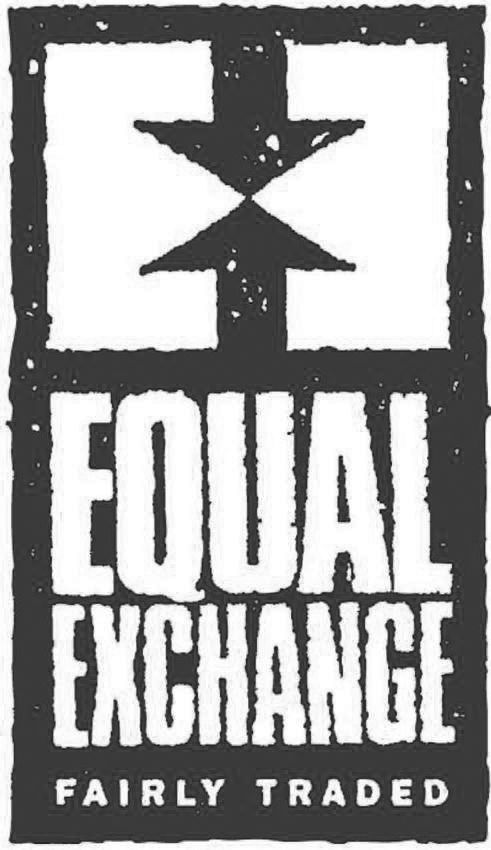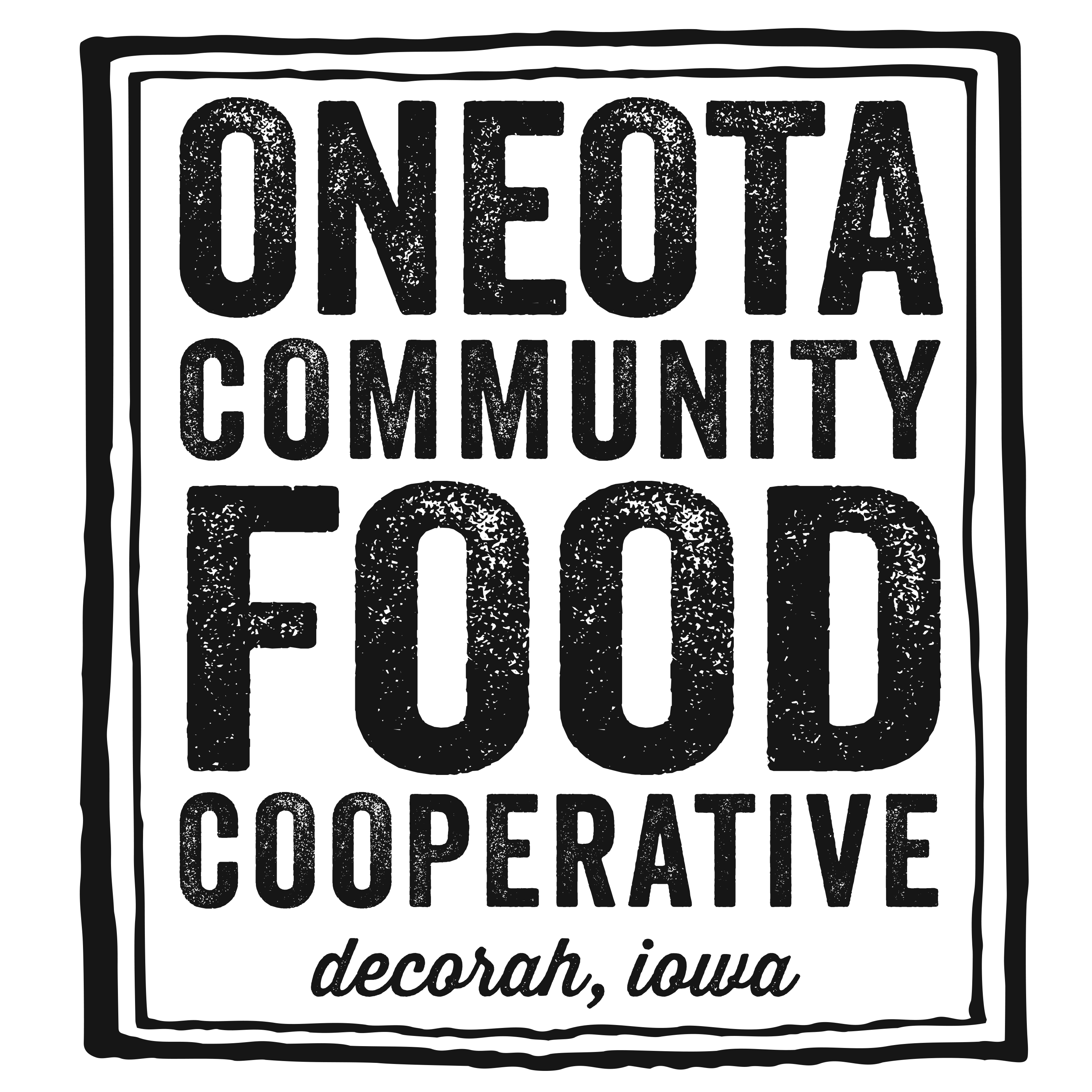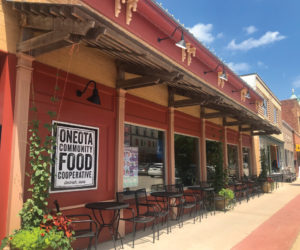 When Equal Exchange began importing coffee grown by Nicaraguan farmers in 1986, “fair trade” was a concept still unfamiliar to most Americans. Today Equal Exchange is a leader in the movement to empower small-scale farmer co-ops worldwide. It is also one of the largest worker-owned cooperatives in the country, and fair trade coffee remains its best-known product.
When Equal Exchange began importing coffee grown by Nicaraguan farmers in 1986, “fair trade” was a concept still unfamiliar to most Americans. Today Equal Exchange is a leader in the movement to empower small-scale farmer co-ops worldwide. It is also one of the largest worker-owned cooperatives in the country, and fair trade coffee remains its best-known product.
The benefits that farmers gain from fair trade—the ability to make decisions about their farming practices, access to markets and affordable credit, and fair prices to support their families and communities—embody the idea of empowerment and form the foundation of Equal Exchange’s mission which reads in part “…to foster mutually beneficial relationships between farmers and consumers and to demonstrate, through our success, the contribution of worker cooperatives and Fair Trade to a more equitable, democratic and sustainable world.”

So what makes a worker-owned cooperative unique? “Sure, there are times we all are sitting around a table making collaborative decisions together, but much of the time we operate like any traditional business,” L.J. Taylor says, dispelling a common stereotype. L.J. is an Equal Exchange sales manager, worker-owner and chair of its board of directors. While the work itself is similar, he explains, employees at Equal Exchange have greater access and insight into the inner workings of the company than at many other businesses. “It’s a much more transparent business model top to bottom. And day to day, when there is transparency and you understand what’s happening in the business, you begin to work more collaboratively and have more transparent discussions. It becomes part of the culture.”
The seven cooperative principles guide Equal Exchange, and among these, democratic member control is perhaps most evident. Worker-owners at Equal Exchange each have an equal stake and an equal vote in the business, similar to the members of a consumer-owned food co-op. Equal Exchange is governed by a board of directors; six of its nine members are worker-owners. The board hires and supervises management; managers guide the activities of the workers; and worker-owners elect board members, forming a circle of accountability. Additionally, worker-owners have the right to propose or vote on changes to the co-op’s bylaws and governance structure; changes in Equal Exchange’s location and adding new services or operations; and reporting on the organization’s performance.
Member economic participation is a cooperative principle that unites Equal Exchange employees with their farmer partners around the world. “I believe that my economic commitment to the co-op movement demonstrates a commitment to small farmers,” L.J. says. “Generations of farming families have invested their entire livelihood and have been doing this work for decades.” At Equal Exchange, employees invest money and work toward their company’s mission—what L.J. calls “sweat credit.” When workers receive dividends on their ownership shares (something many co-ops offer), half goes back into Equal Exchange as an investment in the business and half goes to the worker-owner. In this economic participation by both Equal Exchange worker-owners and small-scale farmers, L.J. observes, “There’s a parallel that really joins us together in our work and our commitment.”
Finally, the principle of cooperation among cooperatives is clear in the Equal Exchange supply chain, which joins farmer co-op to worker-owned co-op to consumer-owned retail food co-op. “Cooperation among cooperatives—we take that very seriously. Working with farmers to help them achieve their mission and linking co-ops together for support and knowledge is hugely important,” L.J. explains. “Each of us joined together in that principle makes all of us stronger. Understanding the shared ideals of each link in the cooperative supply chain, and trying to empower each link in the chain, is elegant and beautiful.
 “Equal Exchange is demonstrating that you can do business differently and succeed,” L.J. says. Thirty years after its founders first sought to focus on fair trade and empower small-scale farmers, Equal Exchange is leading the way through its continued commitment to cooperative values.
“Equal Exchange is demonstrating that you can do business differently and succeed,” L.J. says. Thirty years after its founders first sought to focus on fair trade and empower small-scale farmers, Equal Exchange is leading the way through its continued commitment to cooperative values.
Reprinted by permission from StrongerTogether.coop. Find articles about your food and where it comes from, recipes and a whole lot more at www.strongertogether.coop.



